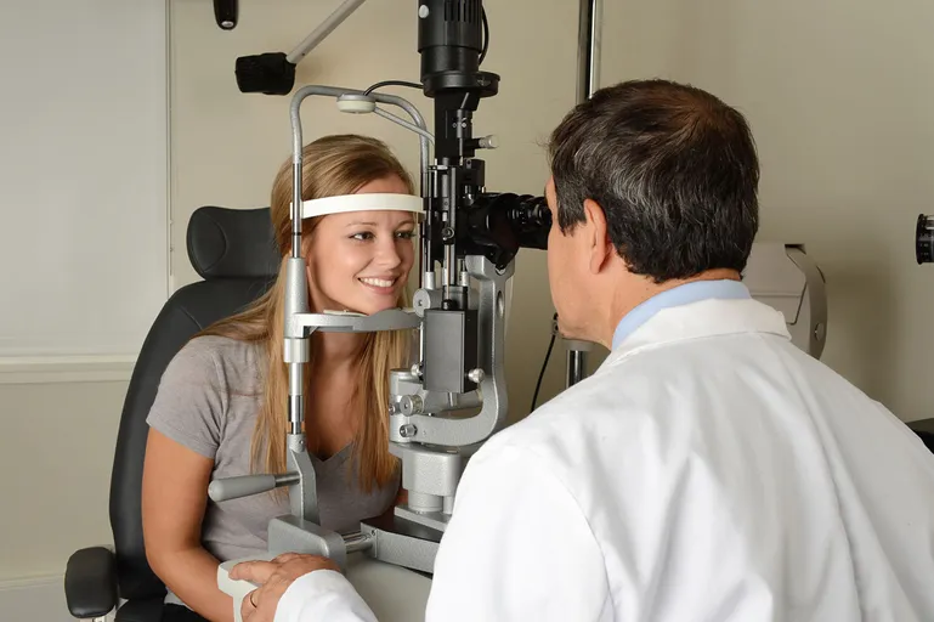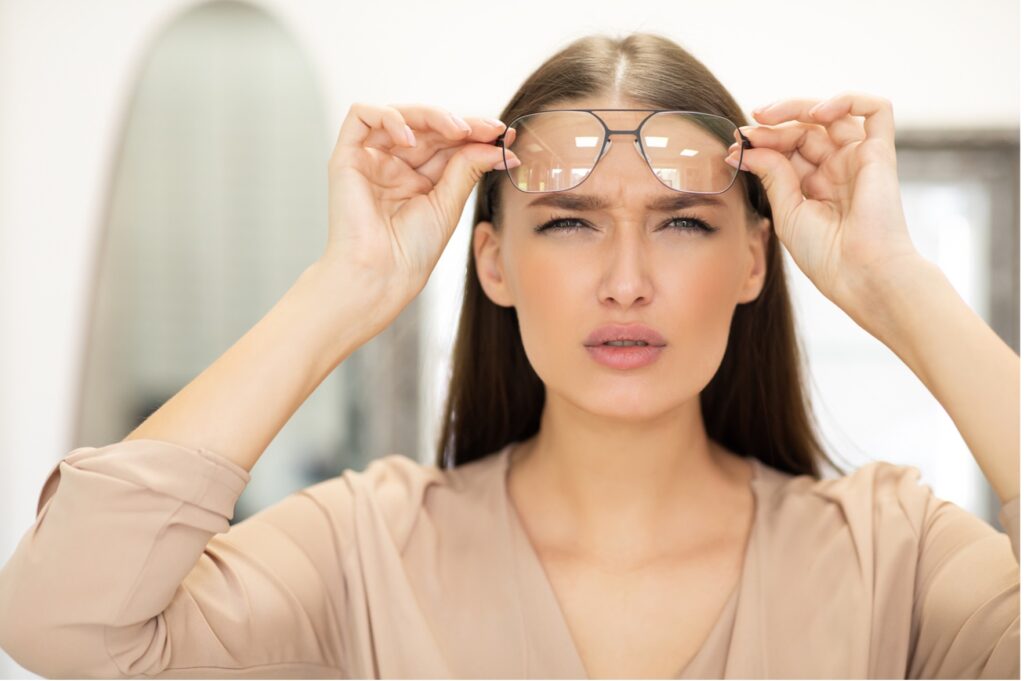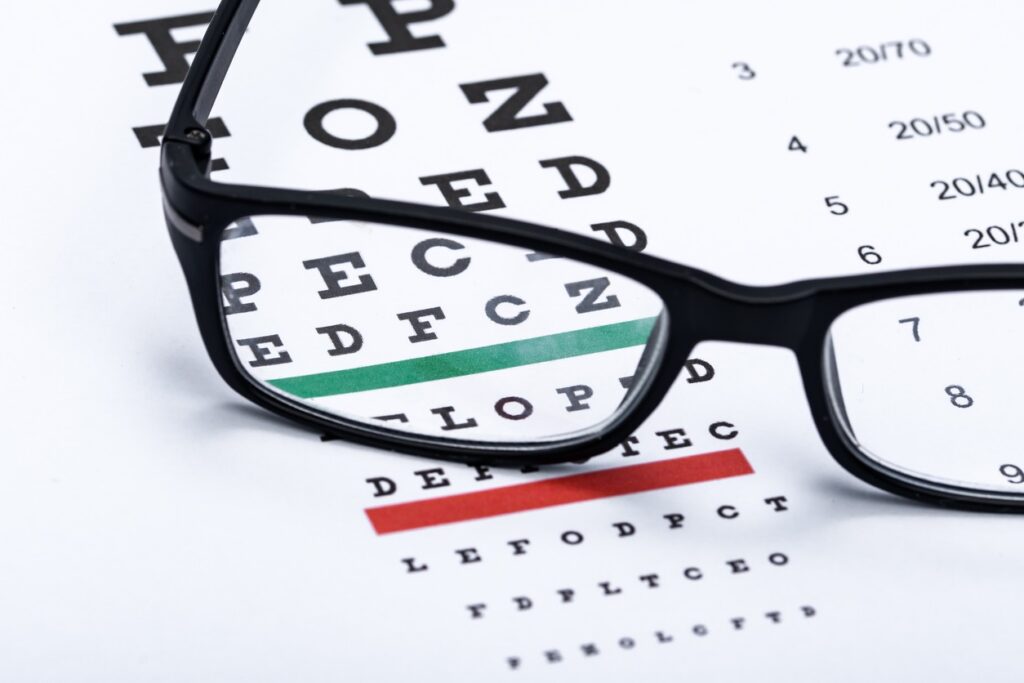Our eyes are incredible organs that allow us to perceive and navigate the world around us. However, just like any other part of our bodies, they require regular care and attention to maintain their health and functionality. From the daily strain of screen time to age-related conditions affecting vision, numerous factors can impact our eye health. In this blog, we will cover the importance of routine eye exams and how they play a crucial role in preserving your precious sense of sight. Whether you are experiencing blurred vision or discomfort or want to ensure your eyes are in top condition, regular checkups can make all the difference. Explore why proactive eye care at Alice Family Eye Center is essential for maintaining your eye health and wellbeing.
Understanding the Role of Routine Eye Exams

One of the most essential steps in maintaining healthy vision is scheduling regular eye exams with Alice Family Eye Center. Our center offers comprehensive eye care utilizing the latest technology. We use advanced diagnostic equipment to help with the early detection of eye conditions.
We assess your vision, screen for potential eye diseases, and prescribe corrective lenses if necessary.
Common Eye Conditions We Screen for During a Routine Eye Exam
Below are some of the common examples of the many eye diseases and conditions that we screen for during routine eye examinations:
Refractive errors

Refractive errors are like having a camera out of focus. They happen when the shape of your eye bends light incorrectly, making things appear blurry. There are different types, like nearsightedness (when things far away are blurry) and farsightedness (when things up close are blurry). According to the National Eye Institute, refractive errors are one of the most common vision problems. More than 150 million Americans have a refractive error — but many do not know they could be seeing better. Wearing glasses or contact lenses can help you see clearly by correcting these errors.
Glaucoma
Glaucoma is an eye condition in which the pressure inside the eye becomes too high, damaging the optic nerve. If not treated, this can lead to vision loss or even blindness. It is like having too much pressure in a balloon, which can cause the balloon to burst. Similarly, high pressure in glaucoma can damage the delicate optic nerve, affecting vision.
Cataracts
This condition develops when proteins in the eye’s lens clump together, forming cloudy areas that block light from passing through the lens. This cloudiness impairs vision.
Age-related Macular Degeneration
Macular degeneration is like having a blurry spot in the center of your vision. It happens when the macula, the central part of the retina at the back of the eye, starts to deteriorate, making it hard to see things clearly.
Diabetic Retinopathy
Diabetic retinopathy causes tiny leaks in the blood vessels inside your eyes. It happens when diabetes damages the small blood vessels in the retina, the part of the eye that senses light. If not treated, these leaks can cause blurry vision or even blindness.
Dry Eye Syndrome
This condition occurs when your eyes do not make enough tears or when the tears evaporate too quickly. It can make your eyes feel dry, gritty, and irritated, like having sand in them.
Retinal Detachment
The retina is like the film in a camera inside your eye. It is a thin layer of tissue at the back of your eye that is sensitive to light. When light enters your eye, the retina turns it into electrical signals that travel to your brain through the optic nerve. This process allows you to see images and colors. A retinal detachment is when the retina pulls away from its normal position. This condition can cause vision loss and needs urgent treatment to prevent permanent damage.
Frequently Asked Questions about Routine Eye Exams
Why Do I Need an Eye Exam?
People do not always notice the signs or symptoms of an eye condition, but your optometrist can detect and diagnose conditions such as cataracts, glaucoma, and macular degeneration, which cause vision loss if left untreated. With an eye exam, we can also see signs of diabetes or high blood pressure. By catching these problems early, you can get treatment and start managing them. In addition, exams help us determine the cause of symptoms like blurred vision, eye strain, headaches, and eye fatigue so that we can treat both the symptoms and the root problem.
How Often Do I Need an Eye Exam?
How often you need to schedule an eye exam depends on your overall health, age, and risk factors for eye disease. If you have no symptoms or risk factors for diseases or conditions, you should have an eye exam every 1-2 years. People over 60 are more susceptible to age-related eye conditions and should schedule at least one eye exam yearly.
What Should I Expect During My Eye Exam?
Our eye doctor, Dr. Raymund Garza (optometrist), will ask questions about any symptoms or issues you are experiencing in one or both of your eyes. He will then assess risk factors based on your medication, overall health, work environment, and family history.
Vision Acuity Tests

If you experience occasional blurry vision or eye strain, we can help identify the cause and provide a treatment plan. Visual acuity means keenness of sight. We provide vision acuity tests to measure how each person can see a reading chart. We may recommend eye exercises, glasses, or contact lenses, depending on the results.
Functional Vision Tests
Functional vision tests help us determine your depth perception, peripheral vision, color vision, and responsiveness to light. They also help us identify any underlying condition and create a treatment plan that can improve your eyes’ function.
Empowering Your Vision: A Commitment to Comprehensive Eye Care
In conclusion, preserving your eyesight is paramount to maintaining your quality of life and overall well-being. Routine eye exams are a cornerstone in this endeavor, offering valuable insights into your eye health and enabling early detection and intervention for potential issues. At Alice Family Eye Center, we prioritize comprehensive care, utilizing cutting-edge technology and personalized assessments to ensure the health and clarity of your vision. From identifying refractive errors to screening for severe conditions like glaucoma and diabetic retinopathy, our dedicated team is committed to safeguarding your precious sense of sight. Don’t wait until problems arise—schedule your eye exam today and take proactive steps toward lifelong eye health. Your eyes deserve the best care, and we’re here to provide it every step of the way.
Alice Family Eye Center
Alice, TX.
361-668-3937





